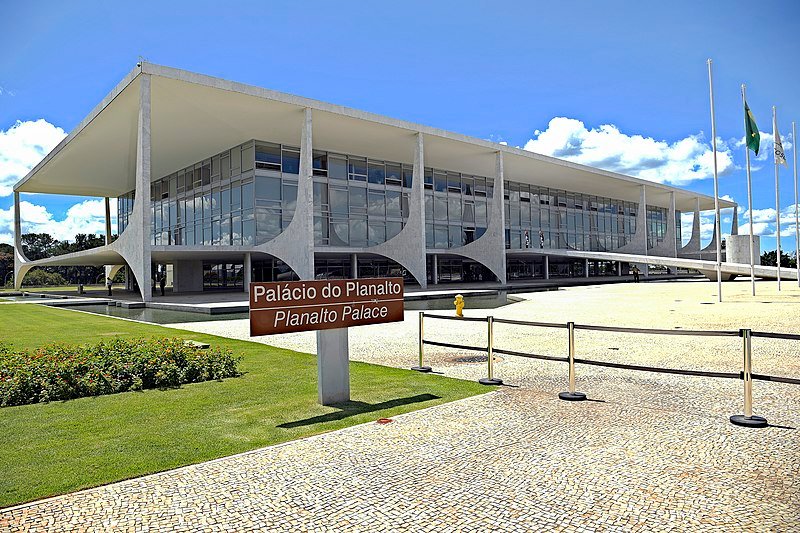On Thursday (03/11), the first activities to complete the transition of government began in the capital of Brazil. The transition is being led by the future Vice President Geraldo Alckmin, who met with the Minister Ciro Nogueira, at Palácio do Planalto (presidency palace). On the occasion, President Jair Bolsonaro spoke to Alckmin, and informed him that he would collaborate with the transition between governments.
First Challenges
Newly elected President Luiz Inácio Lula da Silva and his team will have among the first steps the challenge of making political articulations that allow for a concrete solution for the 2023 Budget. It is necessary to negotiate an authorization to spend in the first year of government and paving the way for fulfilling campaign promises, such as preserving a minimum payment of R$600 through Auxilio Brasil. However, political commentators believe the hostility stimulated by the current President towards the opponent has been taken to such a level that it even puts in doubt the feasibility of a collaboration between the two teams. Therefore, there is a concern among members of the transition team about how access will be given to figures, projections, and strategic information from the public administration, without which decision-making becomes more difficult.
Constitutional Amendment Proposal (PEC)
On Thursday (03/11), the transition team and the rapporteur for the 2023 Budget, Senator Marcelo Castro, agreed to present a PEC to authorize expenses above the spending limit, including the continuation of the minimum benefit of R$600 from Auxílio Brasil. The so-called “PEC of transition” deemed necessary to avoid the absence of social benefits for many citizens next year, as the budget proposal sent in August by the Bolsonaro government ensures only an average amount of R$ 405.21 in Auxílio Brasil, in addition to imposing cuts in housing programs and in the Popular Pharmacy – which provides medicines for free to poor families.
The new government also wants to include in the new budget an increase in the minimum wage above inflation, another promise made during the campaign. However, this would cost up to R$ 6 billion to the Union.
Approval Until December
The PT believes that it will be able to approve the 2023 Budget in less than two months and begin to govern already with the approval of the increase in expenses to pay campaign promises.
Necessary Alliances
According to Folha de São Paulo, members of the political group known as “Centrão” have already sent a message to future President Lula to inform that he can count on them to form a solid parliamentary base if he supports or does not create obstacles to the reelection attempt of Federal Chamber President Arthur Lira.
According to media sources, an alliance would be beneficial for both Lula and Lira, which would isolate the most radical supporters of Bolsonaro in Congress from 2023 onwards. The general reasoning made by congressmen is that even the alliance of the small left base (about 120 of the 513 deputies) with now independent center parties, such as the PSD, MDB and União Brasil, would leave Lula with less than half of the House, without taking into consideration probable defections. This precarious support would not allow, for example, the approval of amendments to the Constitution, like that to change the 2023 Budget – which requires at least 308 of the 513 seats. In this scenario, members of the center claim that it is a serious political mistake for Lula to push the group led by Lira to the side of radical Bolsonarism once and for all, especially after Bolsonaro’s party won the largest number of congressmen in the Senate and in the Federal Chamber.




